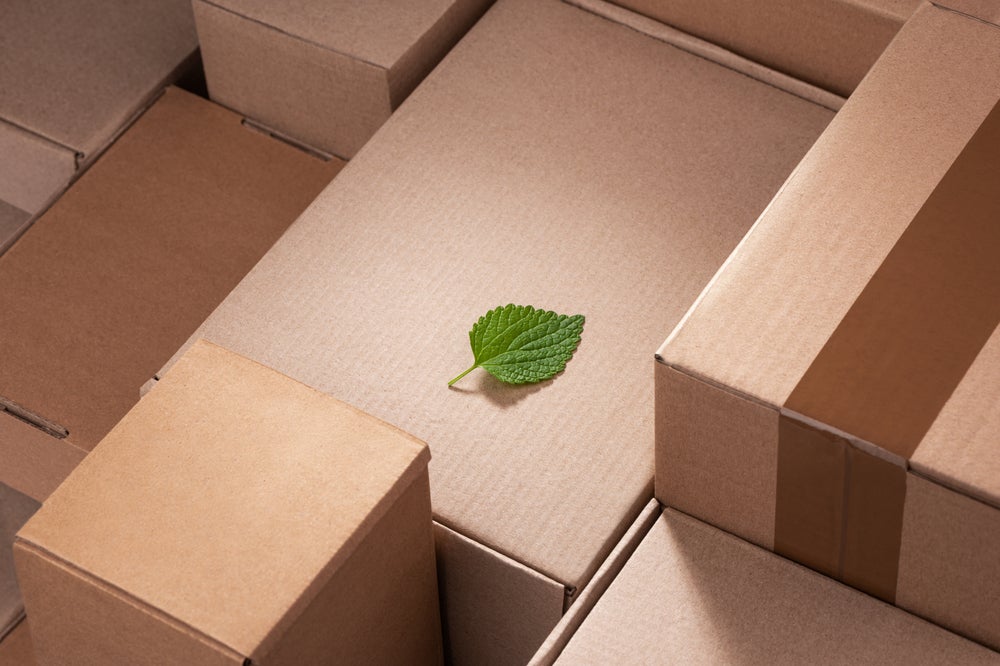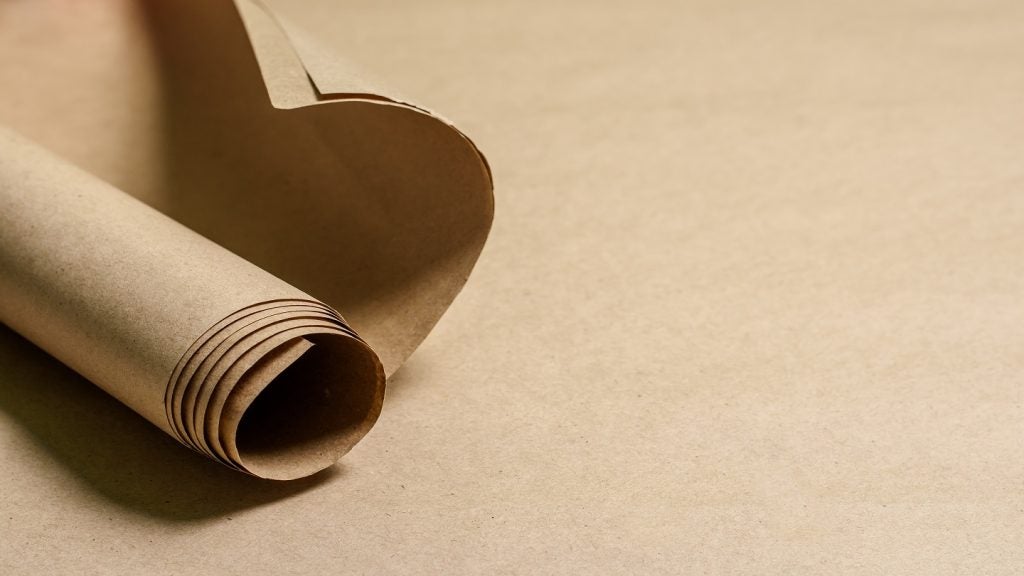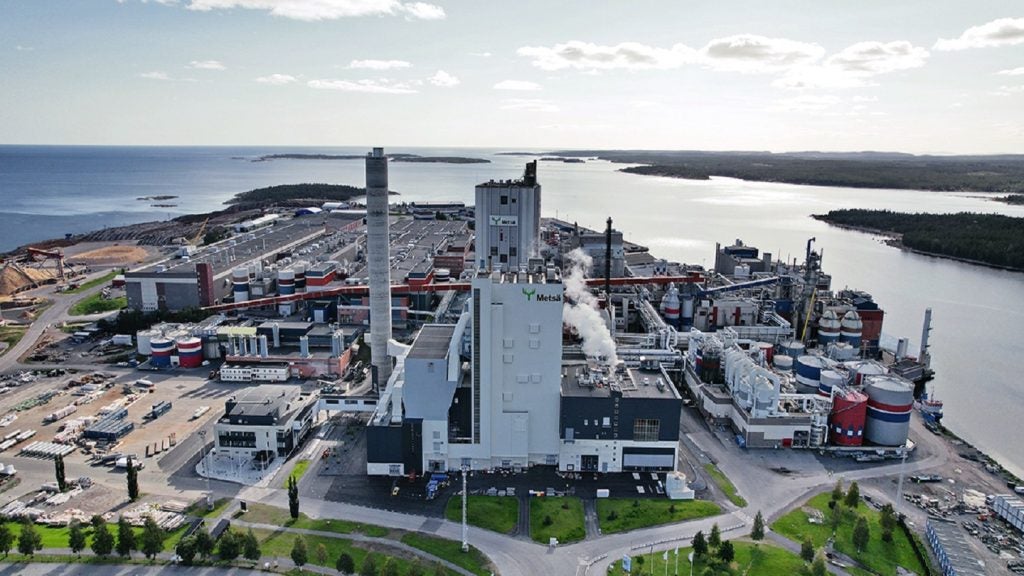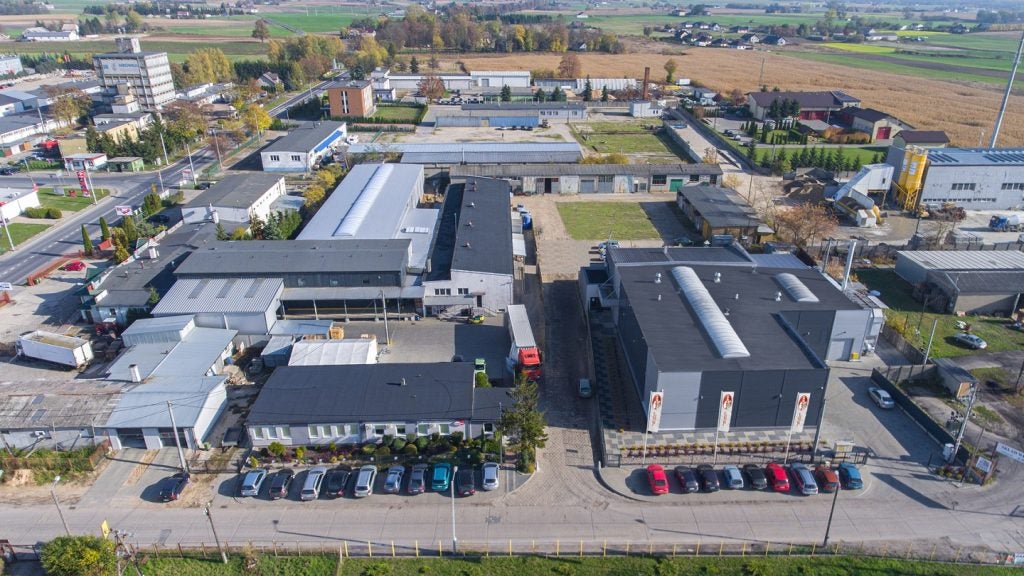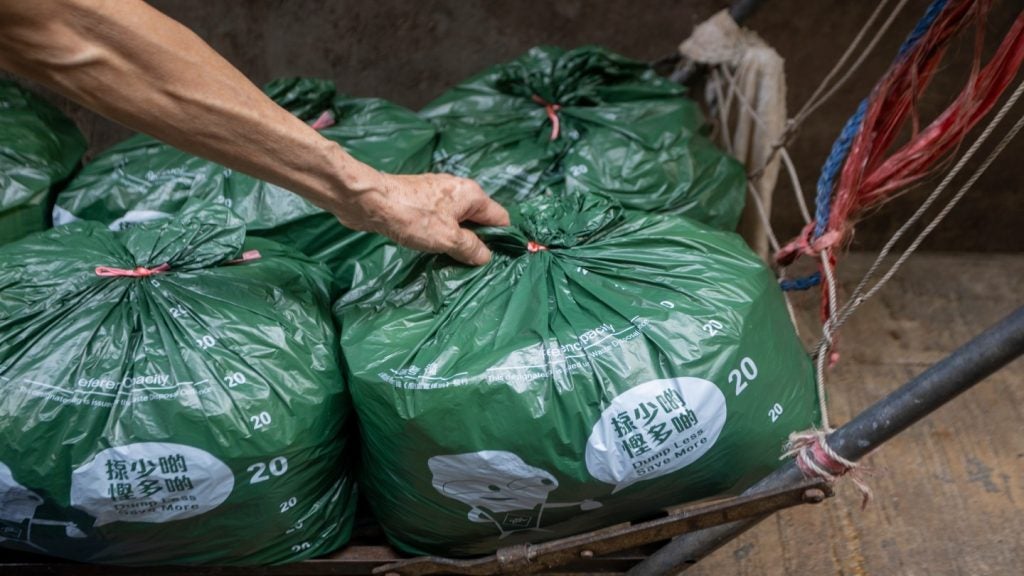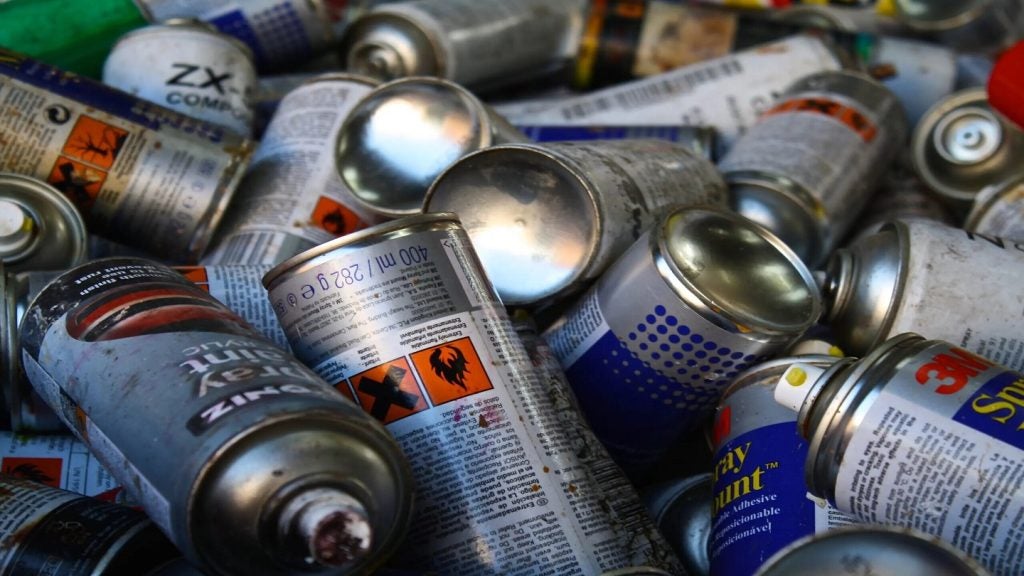In an era where environmental consciousness is at its peak, businesses are increasingly embracing sustainable practices to reduce their carbon footprint. Among these efforts, sustainable packaging solutions have emerged as a pivotal focus area.
With consumers demanding eco-friendly alternatives and governments imposing stricter regulations, the need for sustainable packaging has never been more urgent.
In this article, we delve into the top 10 must-have sustainable packaging solutions that are revolutionising the industry.
1. Biodegradable packaging
Biodegradable packaging is crafted from organic materials that decompose naturally, reducing the burden on landfills and oceans. Materials such as bioplastics, compostable paper, and starch-based polymers are gaining popularity due to their eco-friendly properties. These materials break down into non-toxic components, leaving behind minimal environmental impact.
2. Recyclable packaging
Recyclable packaging is designed to be collected, processed, and reused in the manufacturing of new products. Materials like cardboard, glass, aluminium, and certain types of plastics are commonly used in recyclable packaging. By incorporating recyclable materials into their packaging, businesses can significantly reduce waste and conserve natural resources.
3. Reusable packaging
Reusable packaging offers a sustainable alternative to single-use containers by allowing multiple cycles of use. Options such as glass jars, metal tins, and durable plastic containers can be refilled or repurposed, reducing the need for constant disposal. Implementing reusable packaging not only minimises waste but also fosters a culture of sustainability among consumers.
4. Plant-based plastics
Plant-based plastics, also known as bioplastics, are derived from renewable biomass sources such as corn starch, sugarcane, or cellulose. Unlike traditional petroleum-based plastics, plant-based plastics are biodegradable and have a lower carbon footprint. They offer a promising solution to the plastic pollution crisis, offering comparable performance while being environmentally friendly.
5. Mushroom packaging
Mushroom packaging, or mycelium packaging, harnesses the natural adhesive properties of mycelium – the root structure of mushrooms – to bind agricultural waste into biodegradable packaging materials. This innovative solution not only provides a sustainable alternative to traditional packaging but also offers insulation and protection for delicate products.
6. Edible packaging
Edible packaging takes sustainability to a whole new level by offering packaging materials that can be consumed along with the product. Made from edible polymers such as seaweed or starch, these packaging solutions eliminate waste entirely, leaving behind no trace of packaging materials. Edible packaging represents a futuristic approach to sustainable packaging, combining functionality with environmental responsibility.
7. Paper foam packaging
Paper foam packaging, also known as moulded pulp packaging, is made from recycled paper fibres that are moulded into various shapes to protect products during transit. This lightweight and biodegradable packaging solution offers excellent cushioning properties while minimising environmental impact. It is widely used for packaging electronics, fragile items, and food products.
8. Water-soluble packaging
Water-soluble packaging dissolves upon contact with water, eliminating the need for disposal and reducing packaging waste significantly. These films are typically made from materials such as PVA (polyvinyl alcohol) or starch derivatives and are commonly used for single-dose packaging in industries like food, detergents, and pharmaceuticals.
9. Upcycled packaging
Upcycled packaging gives new life to waste materials by repurposing them into packaging solutions. Materials such as reclaimed wood, denim, or discarded textiles are creatively transformed into unique and eco-friendly packaging designs. Upcycled packaging not only reduces waste but also adds a distinctive aesthetic appeal to products.
10. Zero-waste packaging
Zero-waste packaging aims to eliminate waste throughout the entire lifecycle of a product, from production to disposal. This approach involves designing packaging that is reusable, compostable, or recyclable, thereby closing the loop on waste generation. By embracing zero-waste packaging solutions, businesses can align with sustainable principles while meeting consumer expectations.
Ultimately, the shift towards sustainable packaging solutions is a crucial step towards mitigating environmental degradation and promoting a circular economy.
By adopting these top 10 must-have sustainable packaging solutions, businesses can reduce their environmental footprint, meet consumer demands, and contribute to a greener future for generations to come.
Embracing innovation and sustainability in packaging is not just a choice; it's a necessity for a healthier planet.


